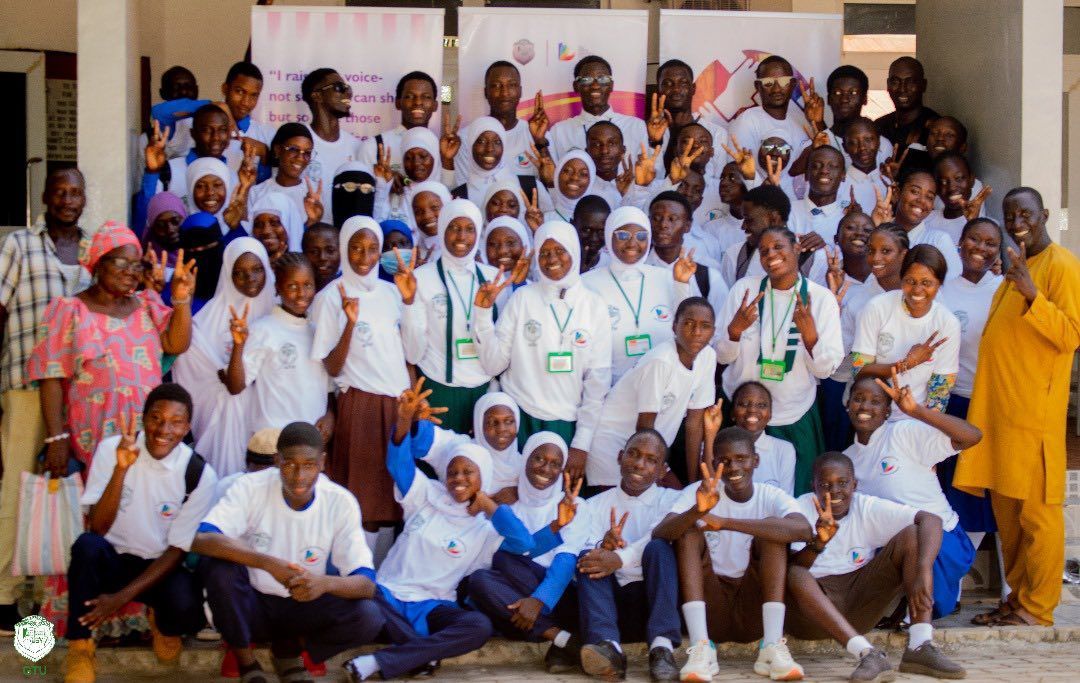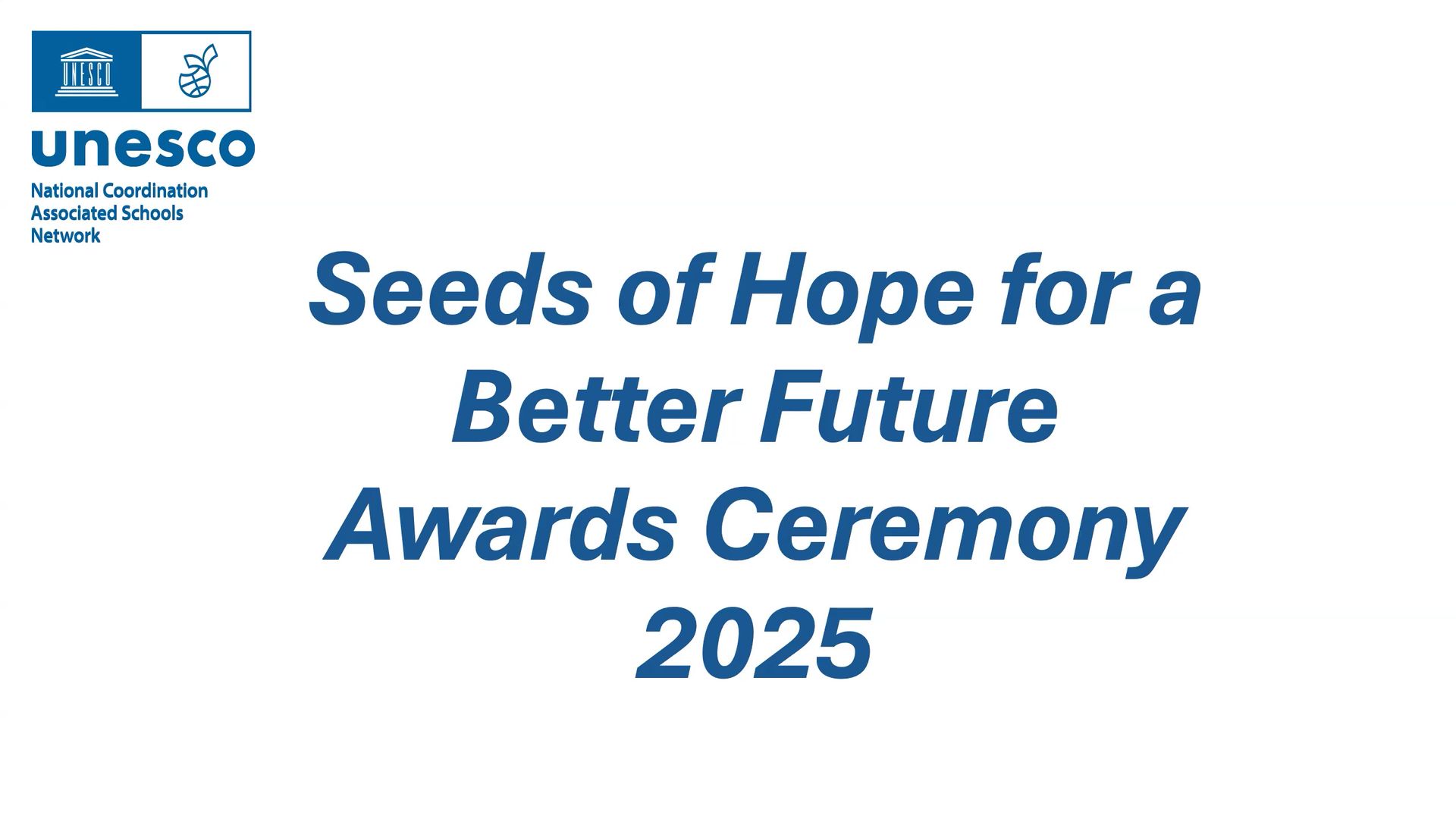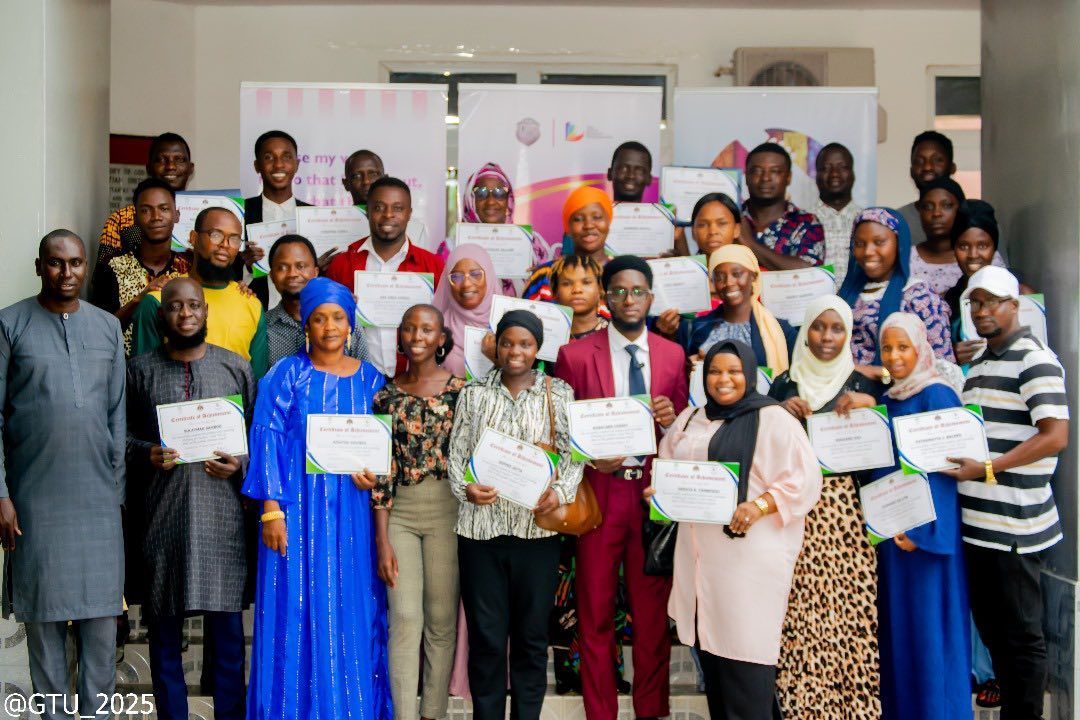Human Rights Education competition: the importance of creativity
At the launch webinar for our human rights competition, Evadne Bygrave describes the Aims of the Steve Sinnott Foundation and the importance of the Human Rights Education creative competition for schools.
Evadne Bygrave: I'm an educator and an ambassador of the Steve Sinnott Foundation and one of the reasons that I'm proud to be part of the Foundation is that the Education For All mission resonates with my own educational values. It was Steve Sinnott’s vision that every child regardless of ability or economic status would have access to a good quality education.
The Foundation was set up after the death of Steve Sinnott who was a teacher in Liverpool and Preston, and also the general secretary for the National Union of Teachers. What makes this Foundation stand out from other educational charities is that it’s starting point always poses the question to its beneficiaries; “how can we help you?” Giving people ownership of the project and enabling them to make decisions that will benefit them rather than the Foundation is one of the Foundation’s main aims, and to collaborate with teachers and educators to develop projects that will achieve sustainable learning across the world, by reducing the beneficiaries dependency on the charity.
It engages in projects that opens a door of educational opportunities to some of the most disadvantaged learners around the world. Some of their projects include, for example, the Positive Period Programme. Delivered in Sierra Leone, the Gambia, Cuba and Haiti, it enables teachers and educators to help their students to stay in school by understanding the issues around periods and teaching students how to make reusable period pads, that they can make themselves, using local materials, they are affordable, sustainable, reusable, washable, long lasting, comfortable and very importantly economically friendly.
They have created Learning Resources Centres in Nepal, Haiti and The Gambia. They are all locally owned and managed. More recently they supported the Mother and Child learning centre in Jamaica which provides the much needed help with learning resources to young mothers and their children in readiness for school. The Life Long Learning webinar programme, which started during the pandemic, gives our partners and educators an opportunity to share their knowledge and skills across the globe.
Human rights remain a barrier for many learners around the world today, so the Foundation is very enthusiastic to be launching this competition ‘The World I Want To Live In: Human Rights Education - Learning through Creating’ along with the NEU and the GTU. By focusing on creative learning, it opens up learning opportunities to all learners regardless of their ability, culture or language. They will develop an understanding of human rights and its importance on individuals and countries, from past and present. Using a range of creative resources; poetry, art, music, writing, sculpture and drama.
We at the Foundation hope that this competition ‘The World I Want To Live In: Human Rights Education - Learning through Creating’ will engage and encourage young people to make their voices heard on human rights issues, while also supporting teachers in highlighting the issue through the educational resource we have developed.
To get involved, sign up now.




